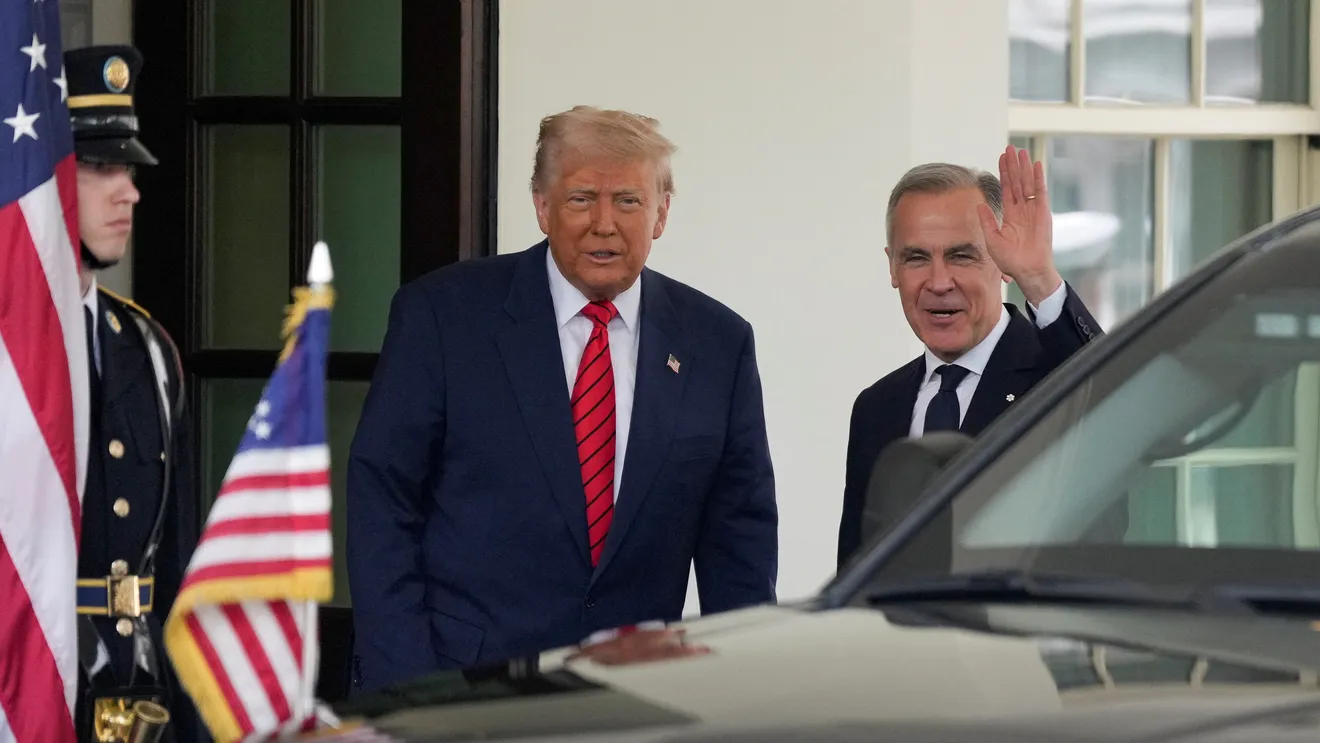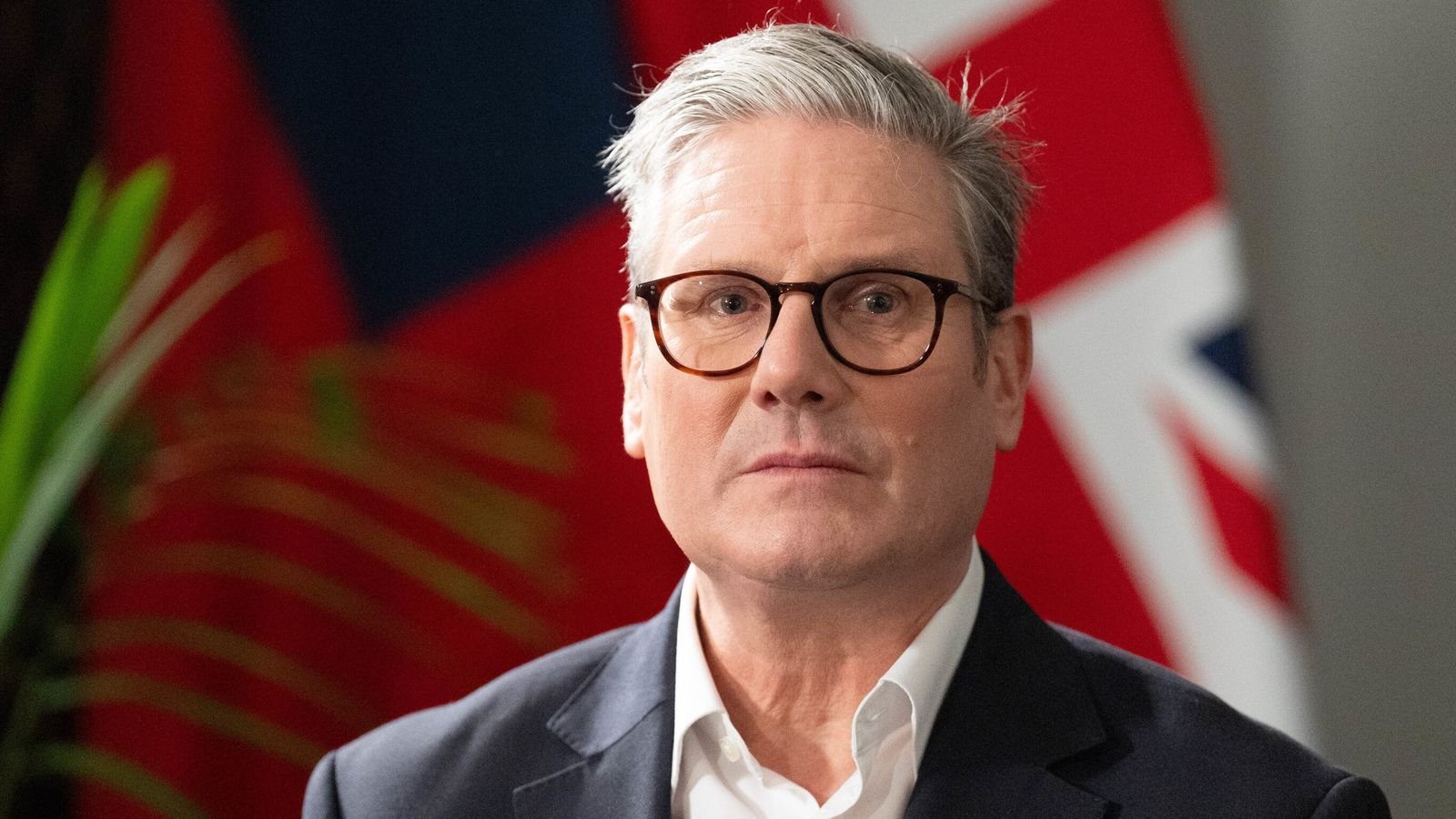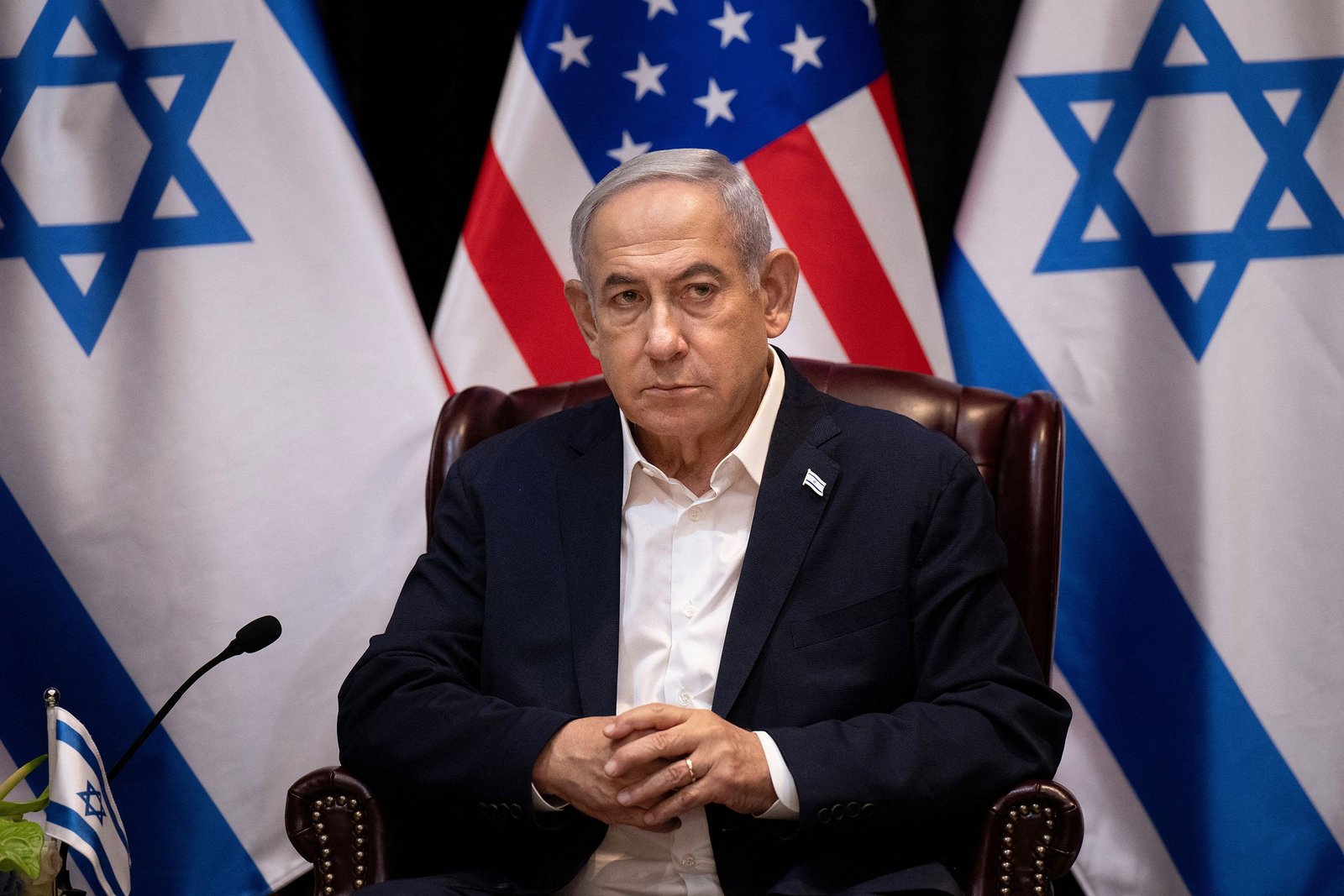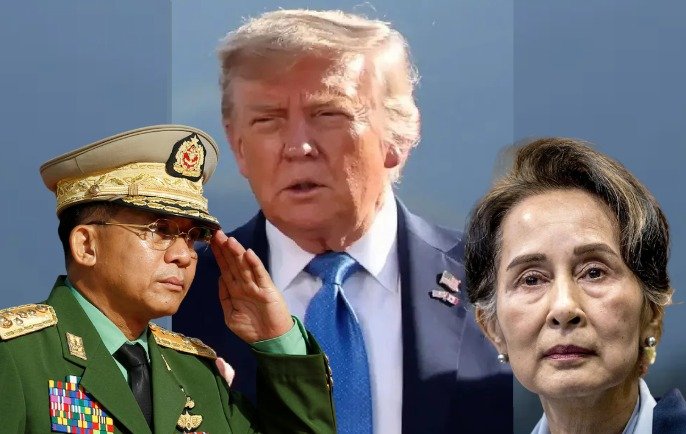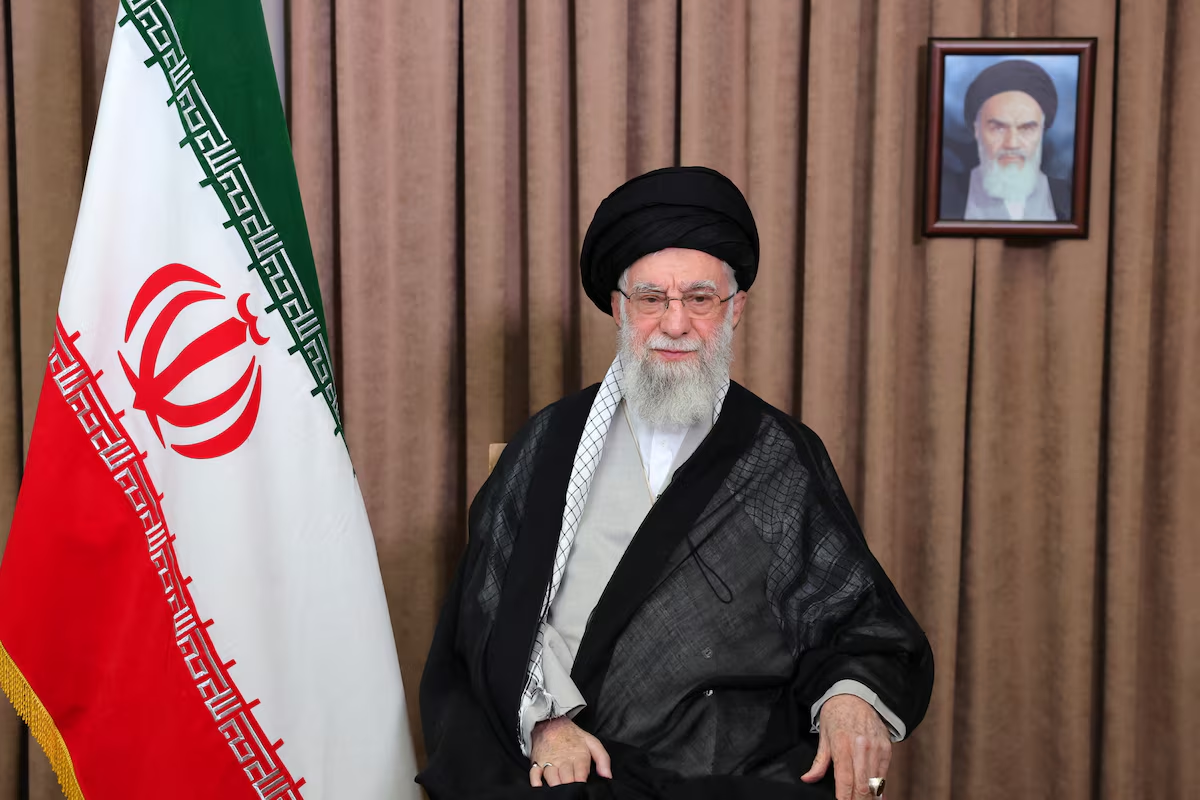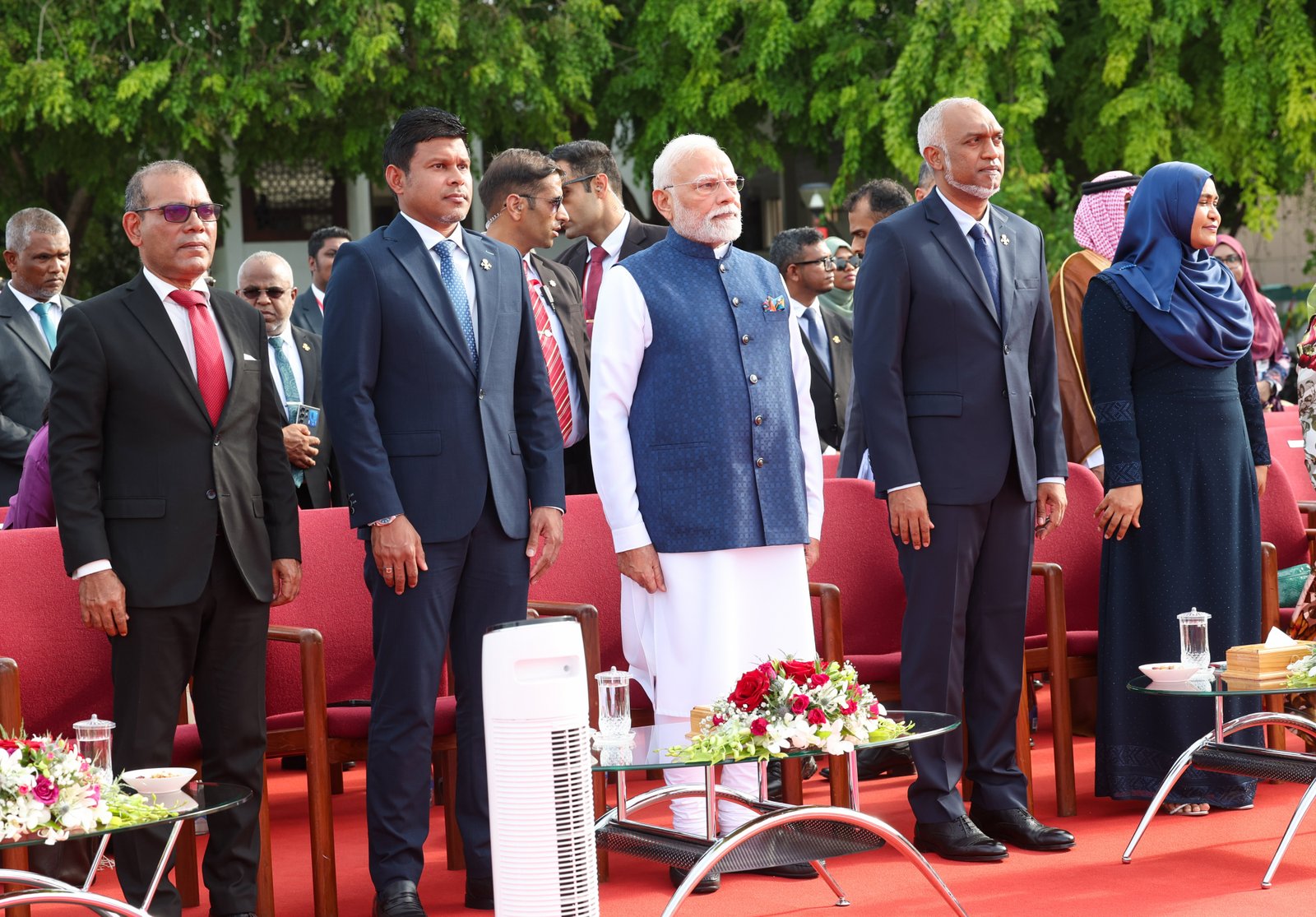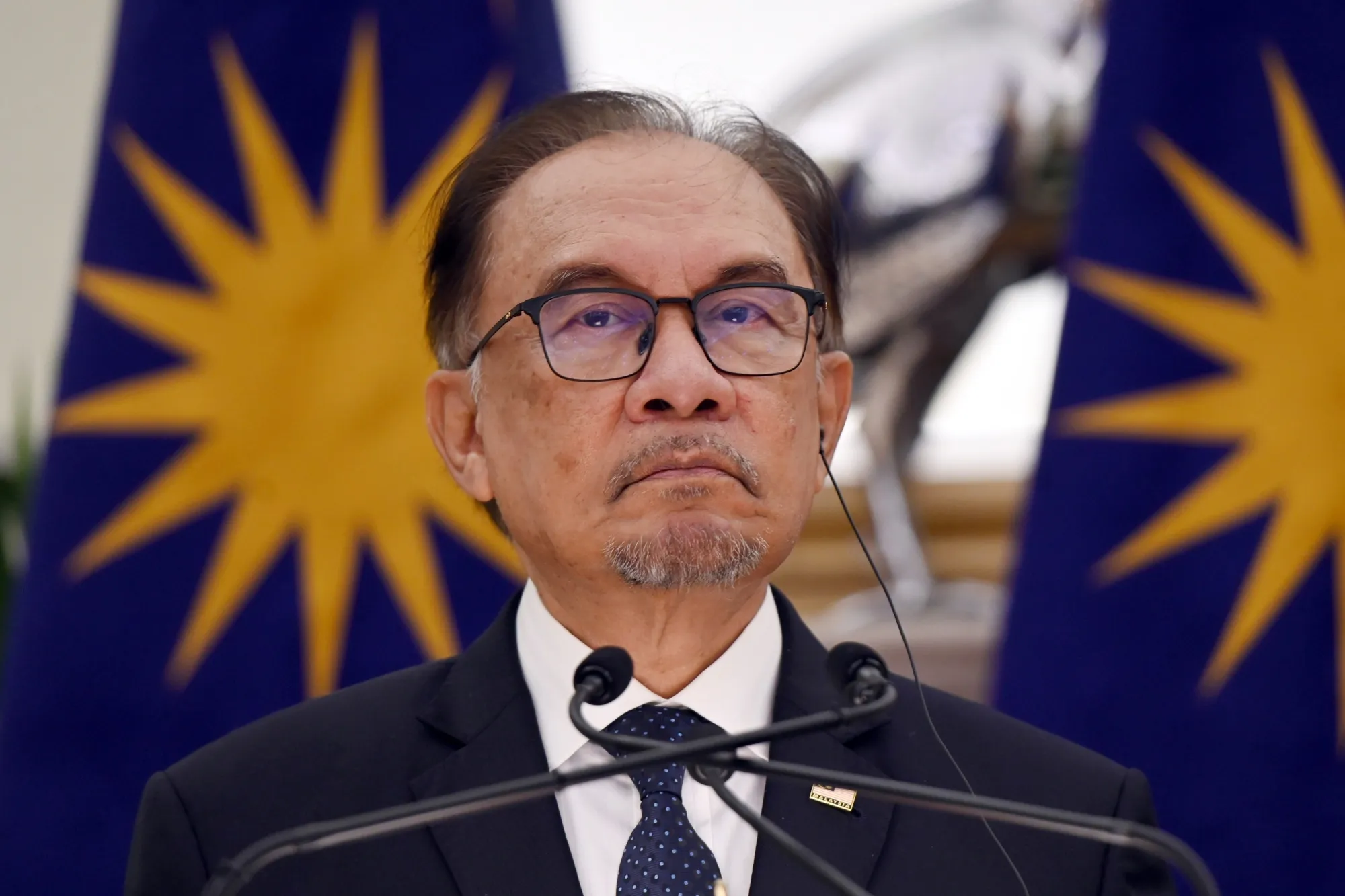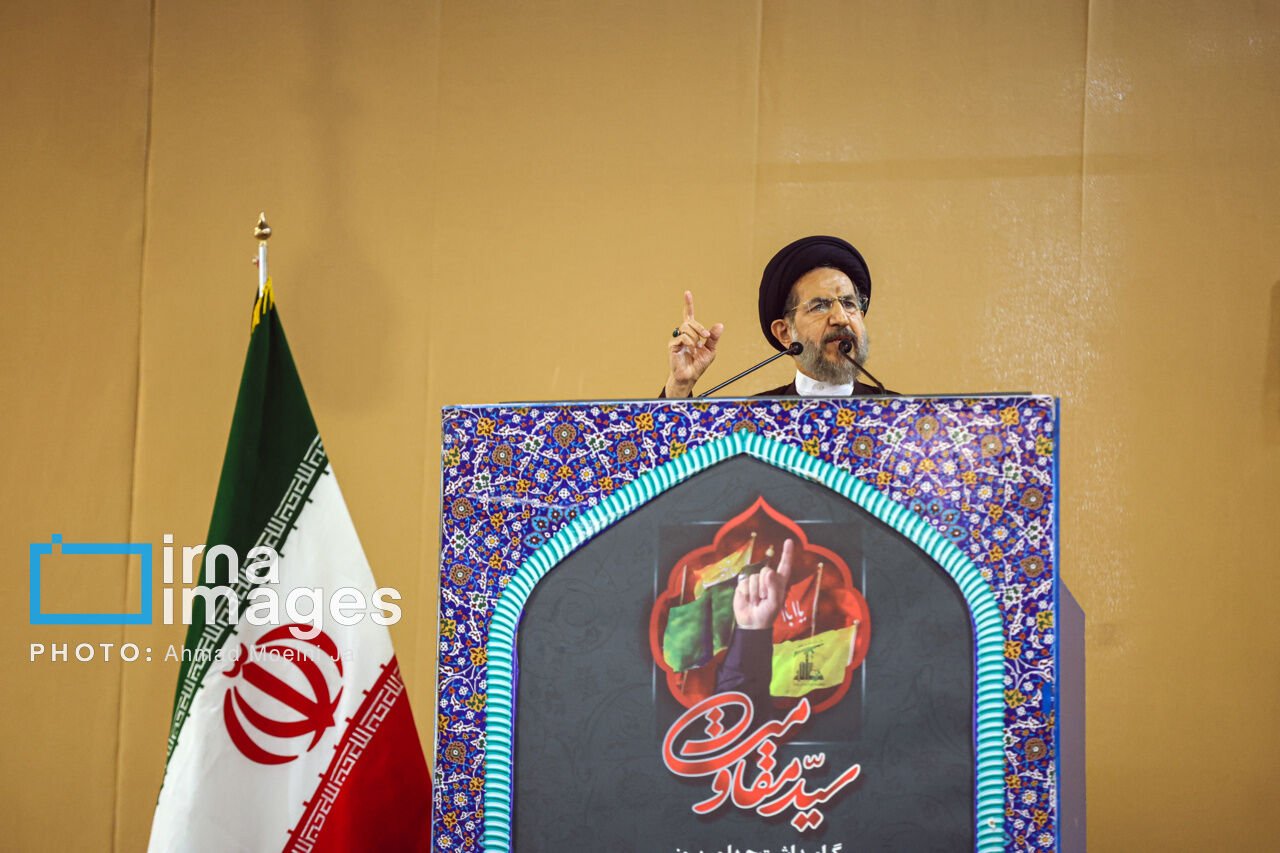Canada is 'Never for Sale, Will Never Be for Sale,' Prime Minister Mark Carney Tells President Donald Trump
Canadian Prime Minister Mark Carney stated emphatically during a Tuesday meeting with President Donald Trump in the Oval Office, "Canada is not for sale and will never be for sale." This came after President Trump described the U.S.-Canada border as “artificial” and expressed a romanticized vision of Canada becoming part of the United States.
Canada is 'Never for Sale, Will Never Be for Sale,' Prime Minister Mark Carney Tells President Donald Trump
Canada is 'Never for Sale, Will Never Be for Sale,' Prime Minister Mark Carney Tells President Donald Trump
Canadian Prime Minister Mark Carney stated emphatically during a Tuesday meeting with President Donald Trump in the Oval Office, "Canada is not for sale and will never be for sale." This came after President Trump described the U.S.-Canada border as “artificial” and expressed a romanticized vision of Canada becoming part of the United States.
Trump said he and Carney were not discussing the idea of Canada joining the U.S., “unless someone wants to talk about it.” However, he claimed that “a wonderful bond between these two countries” would bring “tremendous” benefits to Canada. President Trump has previously floated the idea of acquiring Canada, although Canada has repeatedly rejected the concept.
“I’m a real estate developer at heart... when you erase that artificially drawn line and look at the two countries together, it forms something beautiful—I'm a very artistic person,” Trump told reporters.
Carney responded in familiar language, “As you know from real estate, some places are never for sale. Just as you visited Buckingham Palace—it’s one of those places. Likewise, Canada is one of those places. After meeting with the real owners of Canada—the people—throughout the campaign, it’s clear: Canada is not for sale, and will never be for sale. The real opportunity lies in what we can build together through partnership.”
When asked if Carney’s firm stance would complicate trade talks, Trump responded, “No, not at all.” Yet, he maintained his position, adding, “But I say, ‘never say never.’”
This was Prime Minister Carney’s first meeting with Trump at the White House since taking office. Carney had previously said he would remain firm in protecting Canada’s interests, even under pressure from Trump.
At the start of the meeting, Trump congratulated Carney and said, “I think I was probably the greatest thing that happened to him.” He added, “We’re going to be friends with Canada—whatever happens.”
Regarding trade, Trump said, “There’s nothing Carney can say today that would make us lift tariffs on Canadian goods.” Carney replied, “That’s a broader discussion.”
U.S.-Canada relations have been strained in recent years due to Trump’s tariffs and his comments about making Canada the 51st U.S. state.
In his victory speech, Carney said, “Our previous relationship with the U.S.—based on economic integration and military cooperation—is over.” He added, “We must fundamentally reimagine our economy in light of Trump’s tariff regime.”
Ahead of the meeting, Carney told the BBC, “Canada will only enter trade and security talks with the U.S. on our terms.” He became prime minister after being elected Liberal Party leader in March.
On March 4, the U.S. imposed a 25% import tariff on Canadian goods not covered by the USMCA. Trump claimed the move was to punish Canada for the influx of fentanyl and migrants into the U.S. Last year, just 43 pounds of fentanyl were seized at the Canadian border, compared to over 21,000 pounds at the southern border. In retaliation, Canada imposed tariffs on a range of U.S. goods.
Ahead of Carney’s visit, Trump wrote on social media: “We don’t need their Cars, we don’t need their Energy, we don’t need their Lumber—we don’t need ANYTHING they have, other than their friendship, which hopefully we will always maintain. They, on the other hand, need EVERYTHING from us!”
Over the weekend, in an interview on NBC’s “Meet the Press,” Trump said he might discuss making Canada the 51st state, though he didn’t expect to use military force. “I don’t see that happening with Canada,” he said.
Carney responded that he would not discuss Canadian statehood with Trump. He added that Trump did not raise the issue during their most recent phone call.
“It’s always important to distinguish want from reality,” Carney said. “And what the Canadian people have clearly said, virtually without exception, is this will never, ever happen.”


